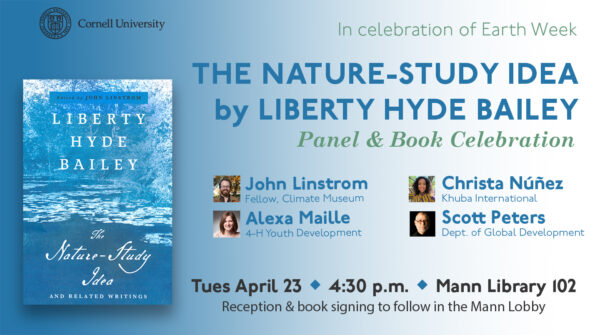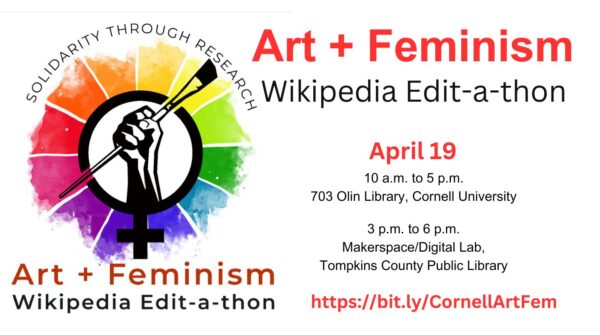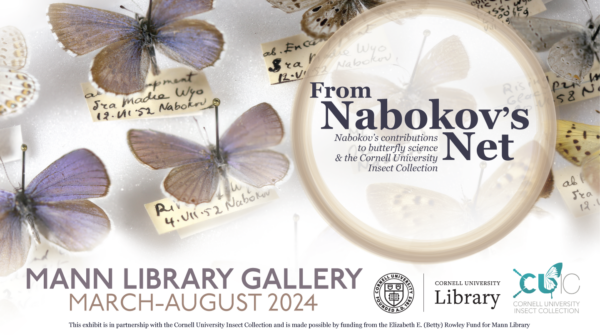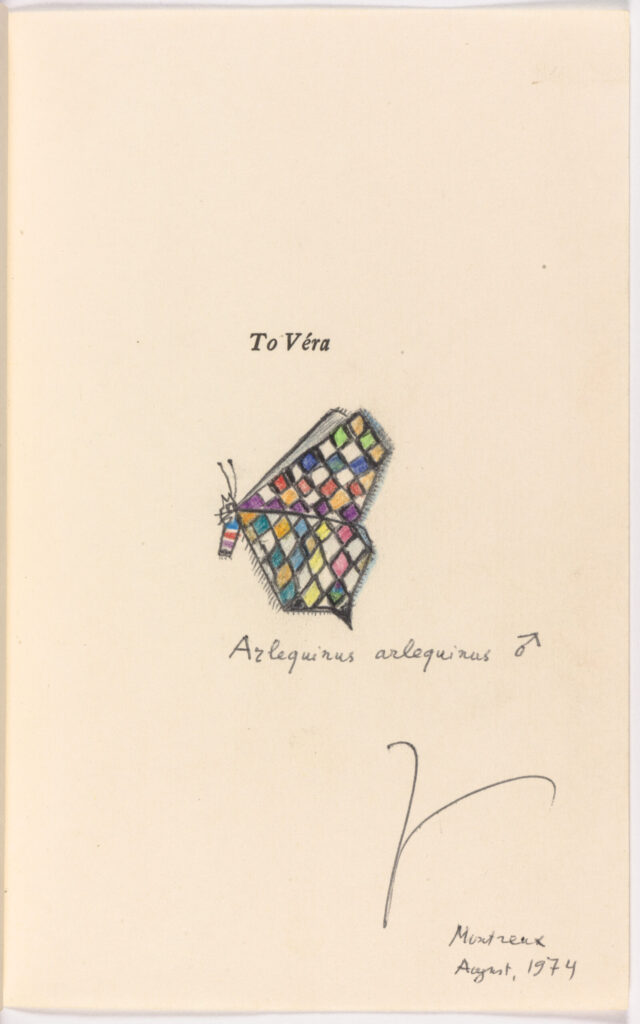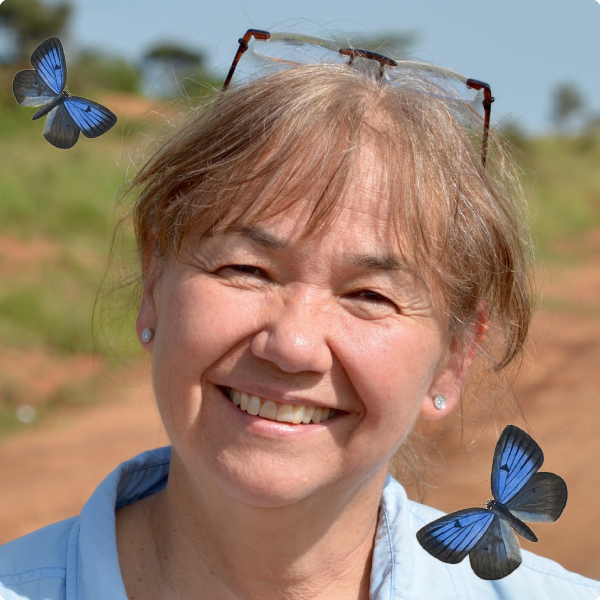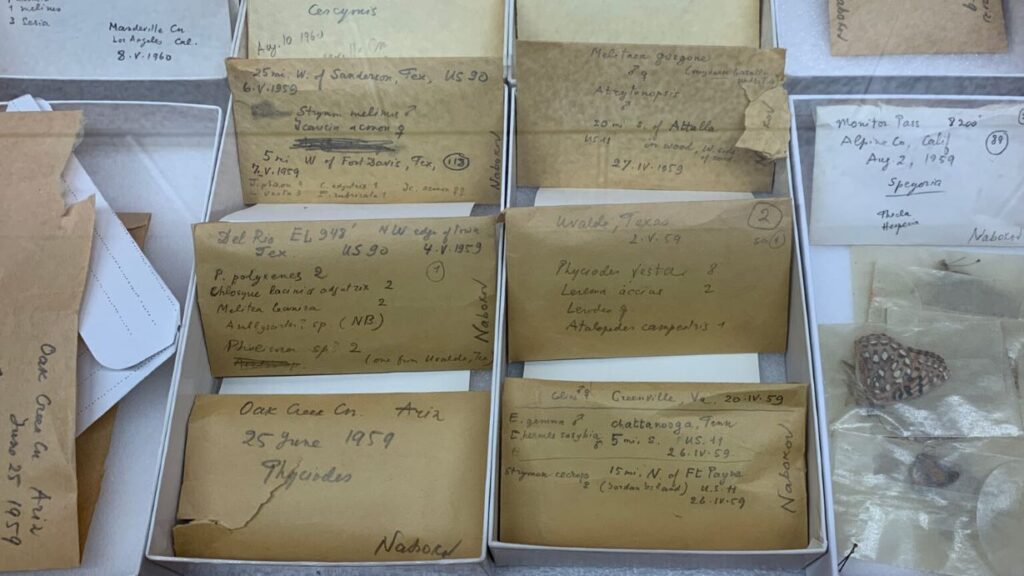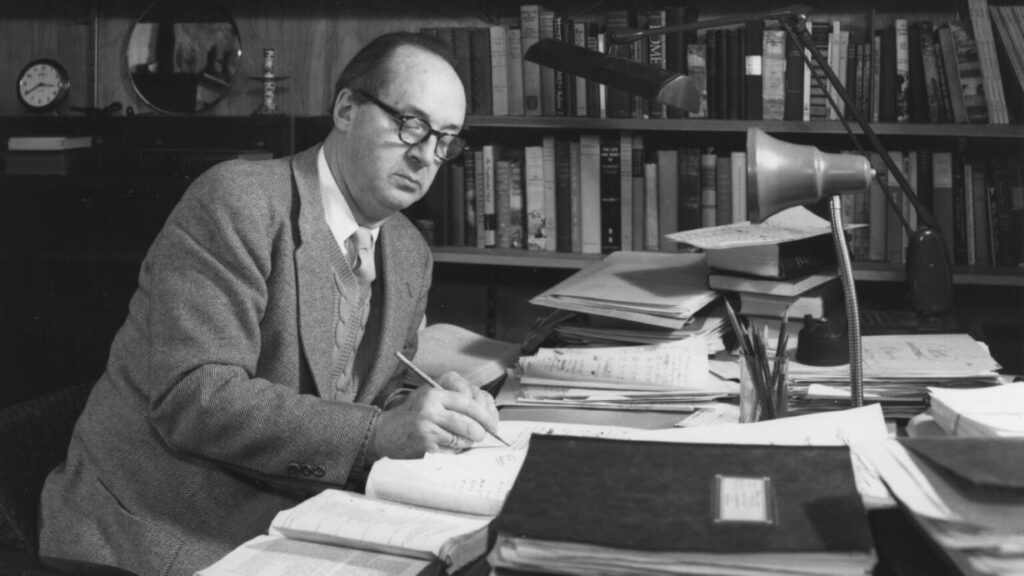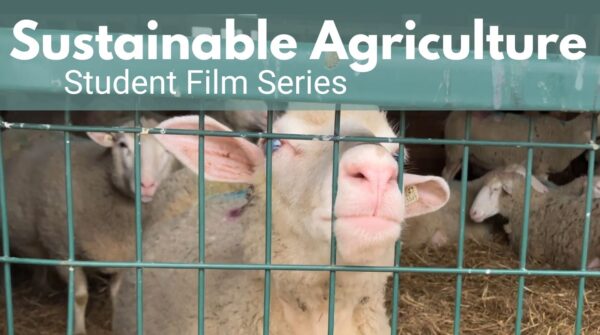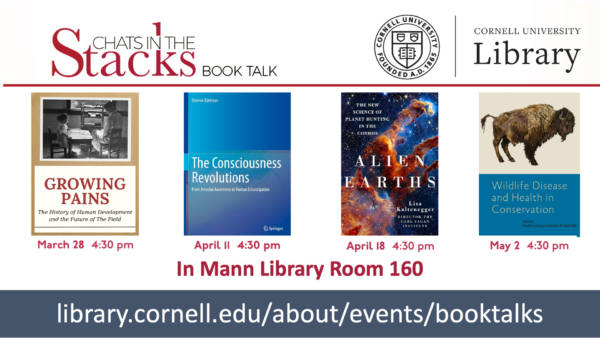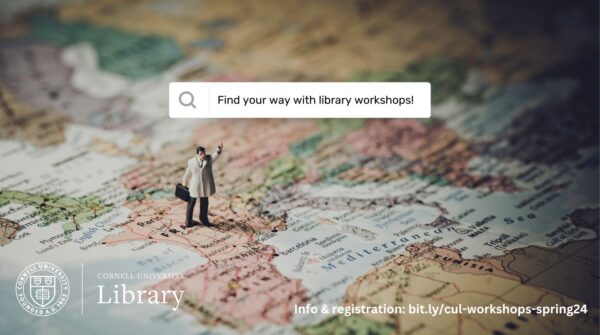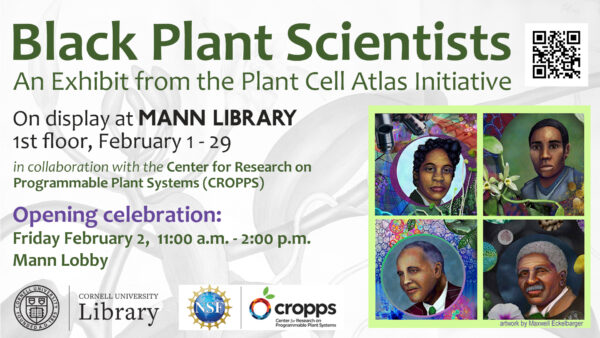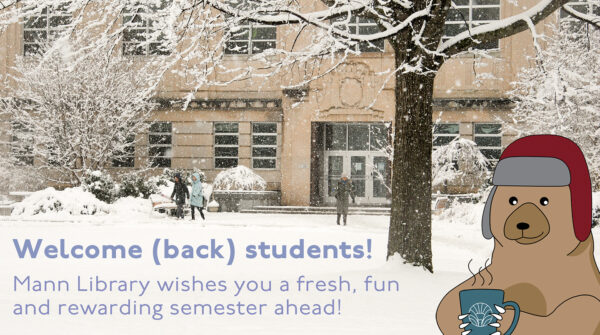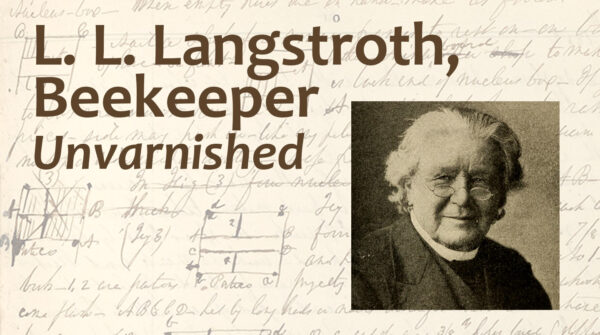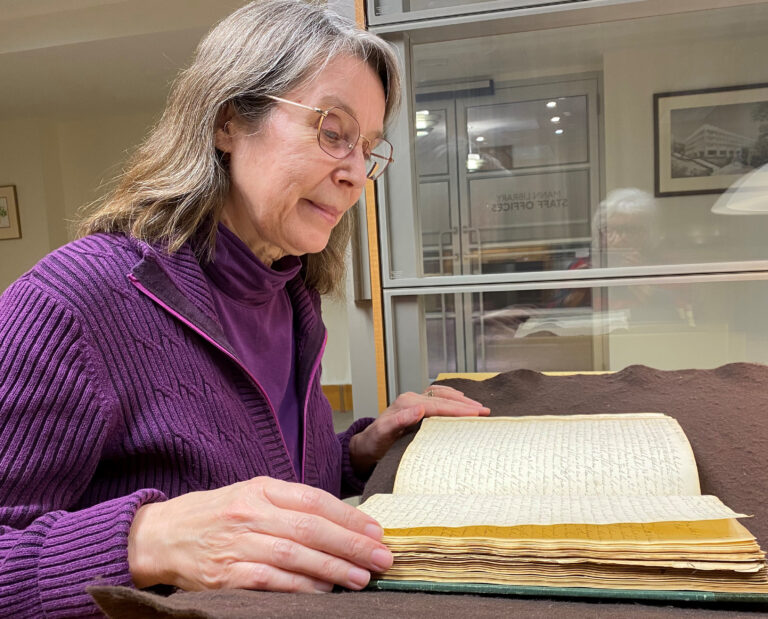Cornell University Library invites the campus community to a series of special events titled “Right to Read,” to honor and promote diversity of thought and expression found in books of all kinds.
Friday, April 26, 9am to 2:30pm
Mann Library, 1st Floor
The readathon will feature excerpts from banned and challenged books, selected and read aloud by students, staff, and faculty members. A selection of banned books will be on hand for attendees to take home, for free. Stop by to listen anytime throughout the day!
Friday, April 26, 3 to 5:30pm
Right to Read: A Conversation and Reception
Books of all kinds stimulate the imagination, enrich the mind, and provide insights into our complex world. And yet, there is a growing list of books continually being challenged and banned in schools and libraries across the U.S. In addition, nowhere is censorship more restrictive than in prisons, where books and other educational resources are direly needed for building meaningful lives and preparing for re-entry into civic life. As PEN America stated in a recent report, “carceral censorship is the most pervasive form of censorship in the United States.”
Join us for this conversation about how schools, libraries, and prisons are affected by censorship and how these institutions are providing access to books as wellsprings of knowledge, experiences, and perspectives. Our guest speakers include:
Rob Scott, executive director of the Cornell Prison Education Program and an adjunct associate professor in the Department of Global Development, Cornell University
Leslie Tabor, director of Tompkins County Public Library
Elaine L. Westbrooks, Carl A. Kroch University Librarian, Cornell University
Can’t be there in person? Register for the livestream and enjoy the Right to Read Conversation in real-time!
A reception from 4:00 to 5:30 p.m. in the Mann Library Gallery immediately follows this conversation.
Advancing the university’s “Freedom of Expression” theme year, these free public events are part of Cornell University Library “Right to Read” festivities throughout the day, which also includes a readathon.

